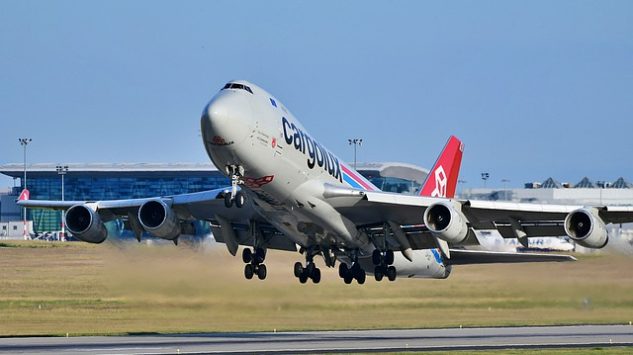Issue Briefs

What USTR And Boeing Want From Europe To End The Tariffs
October 14, 2019
By Loren Thompson
This week’s media coverage of the World Trade Organization’s decision to approve U.S. tariffs on European products in response to illegal subsidies of jetliners has followed a familiar pattern.
The dominant themes are that there are no winners in trade wars; that America and Europe both have legitimate complaints against how the other side’s aerospace sector has operated; and that the tariffs the U.S. Trade Representative (USTR) plans to impose later this month are part of a broader Trump Administration strategy to help American companies at the expense of foreign competitors.
As one commentary in the Wall Street Journal observed, “Tariffs can’t put the aerospace world to right, particularly when it isn’t clear anyone was truly wronged in the first place.”
These arguments are total nonsense. They ignore the facts that led the World Trade Organization to approve U.S. tariffs, and they advance a false narrative of moral equivalency in comparing how parties to the trade action have behaved. So let’s look at the record and try to see this all clearly.
The views and opinions expressed in this issue brief are those of the author.
| Loren B. Thompson is a Senior Adviser at GPI, Chief Operating Officer of the non-profit Lexington Institute and Chief Executive Officer of Source Associates, a for-profit consultancy. Prior to holding his present positions, he was Deputy Director of the Security Studies Program at Georgetown University and taught graduate-level courses in strategy, technology and media affairs at Georgetown. He has also taught at Harvard University’s Kennedy School of Government. Mr. Thompson holds doctoral and masters degrees in government from Georgetown University and a bachelor of science degree in political science from Northeastern University. |